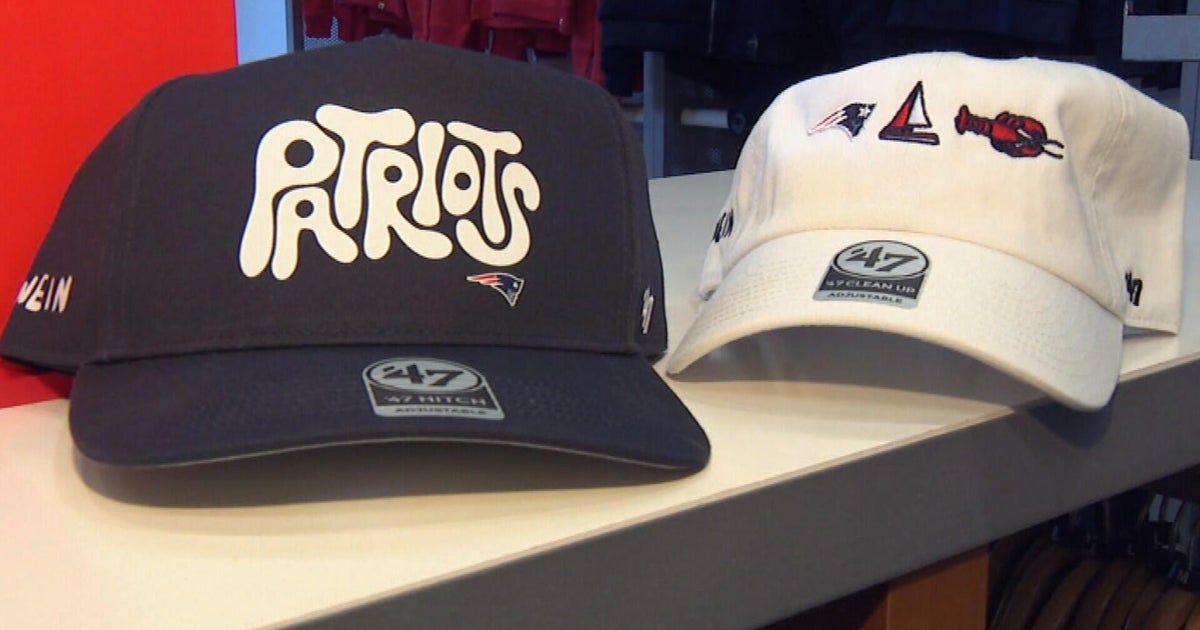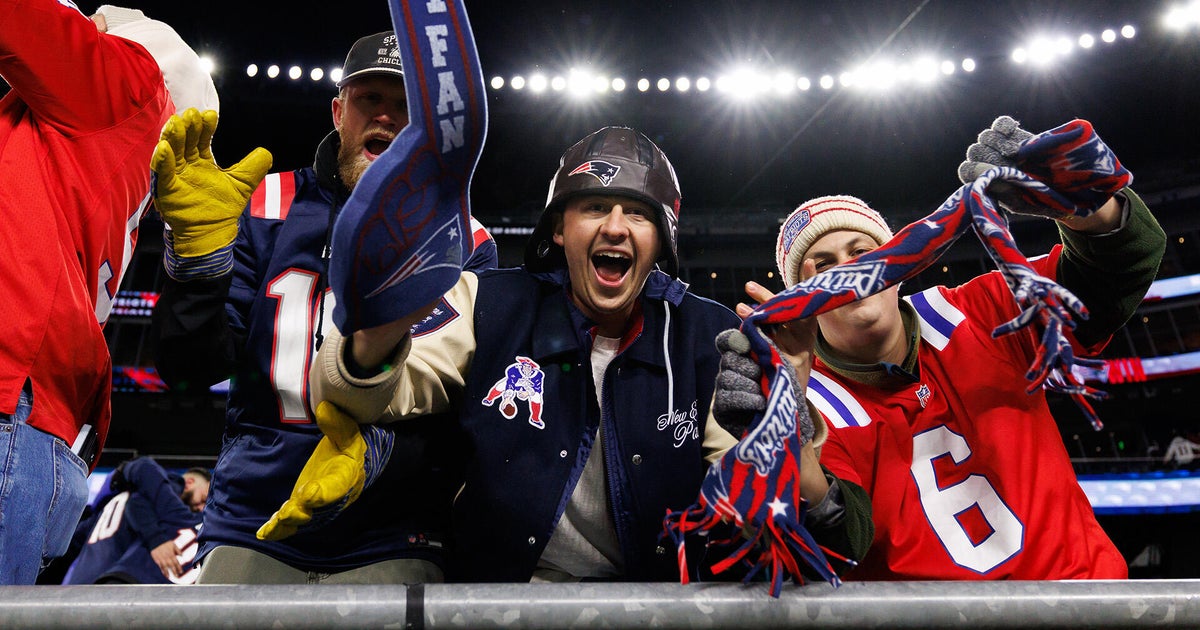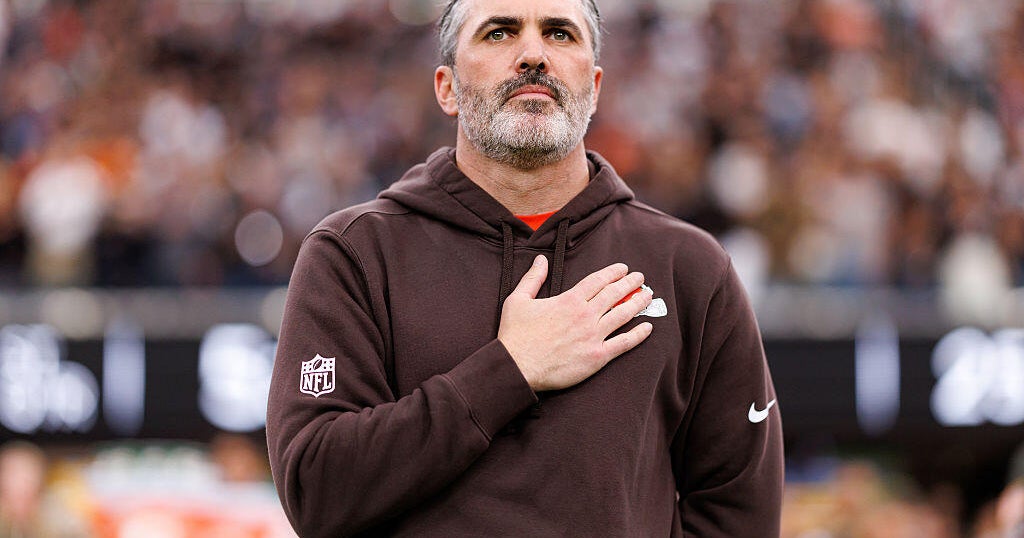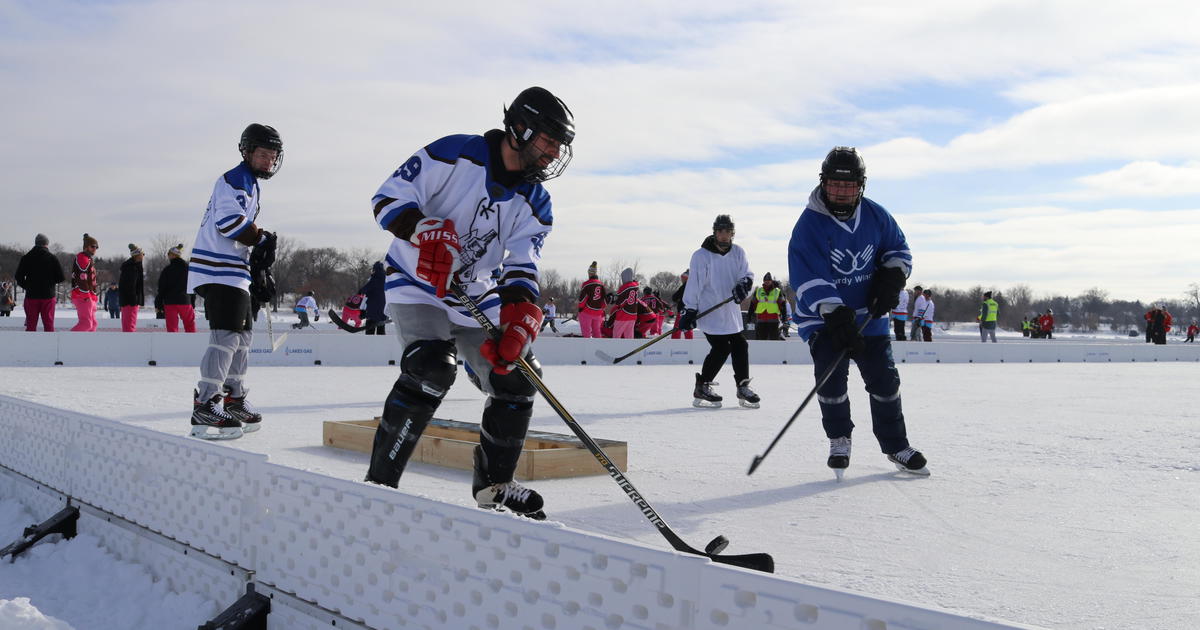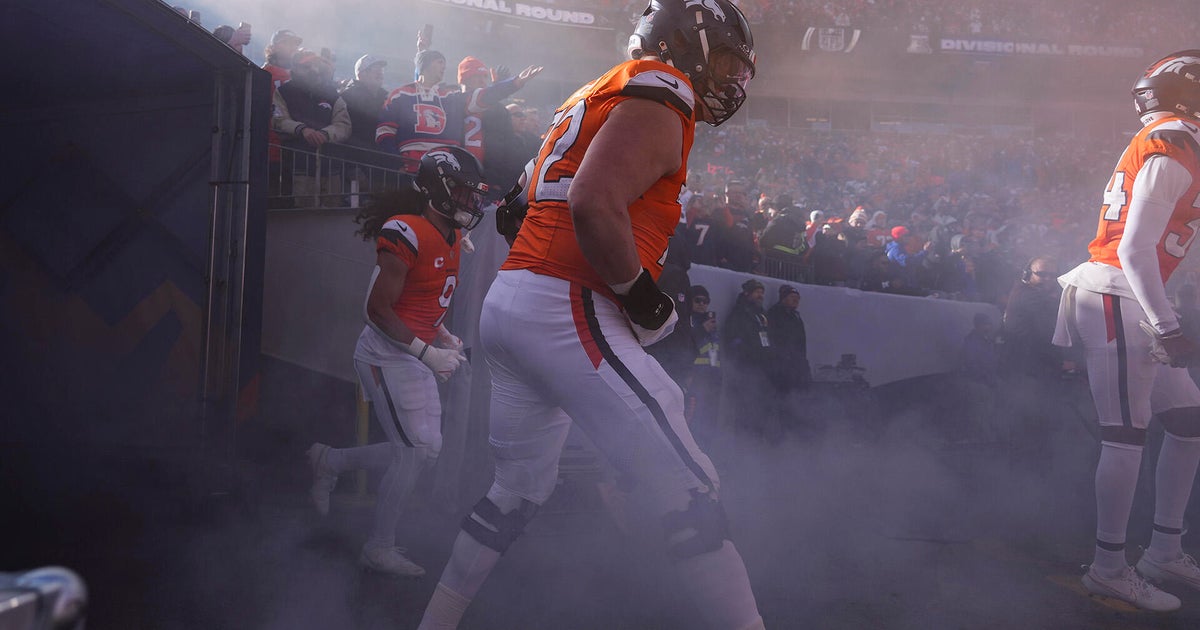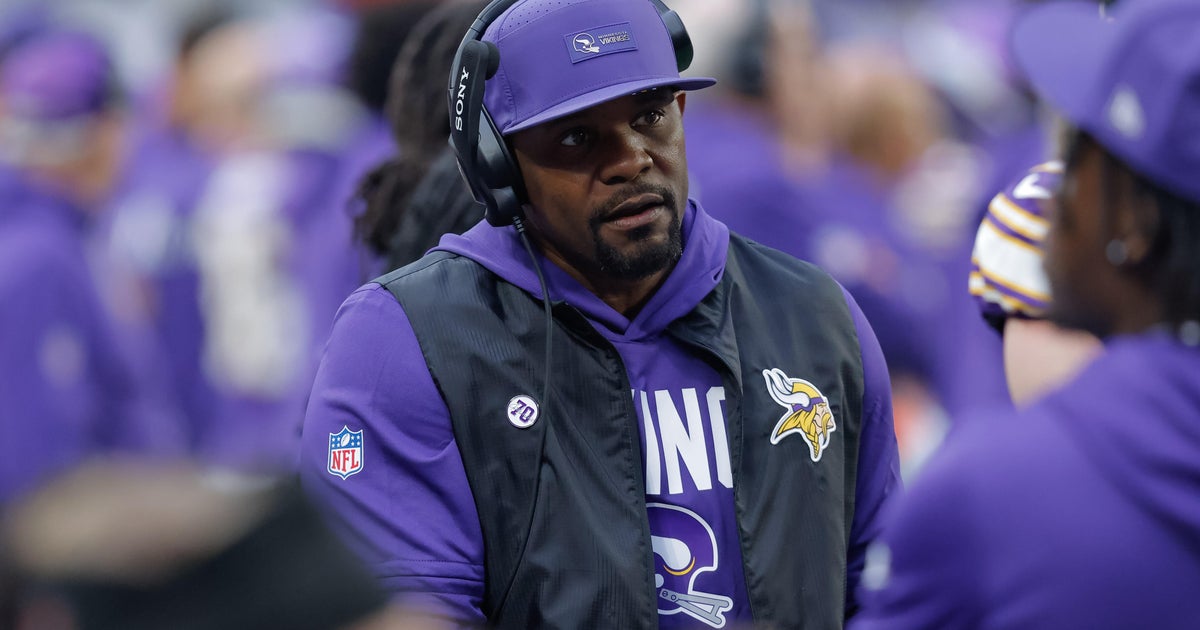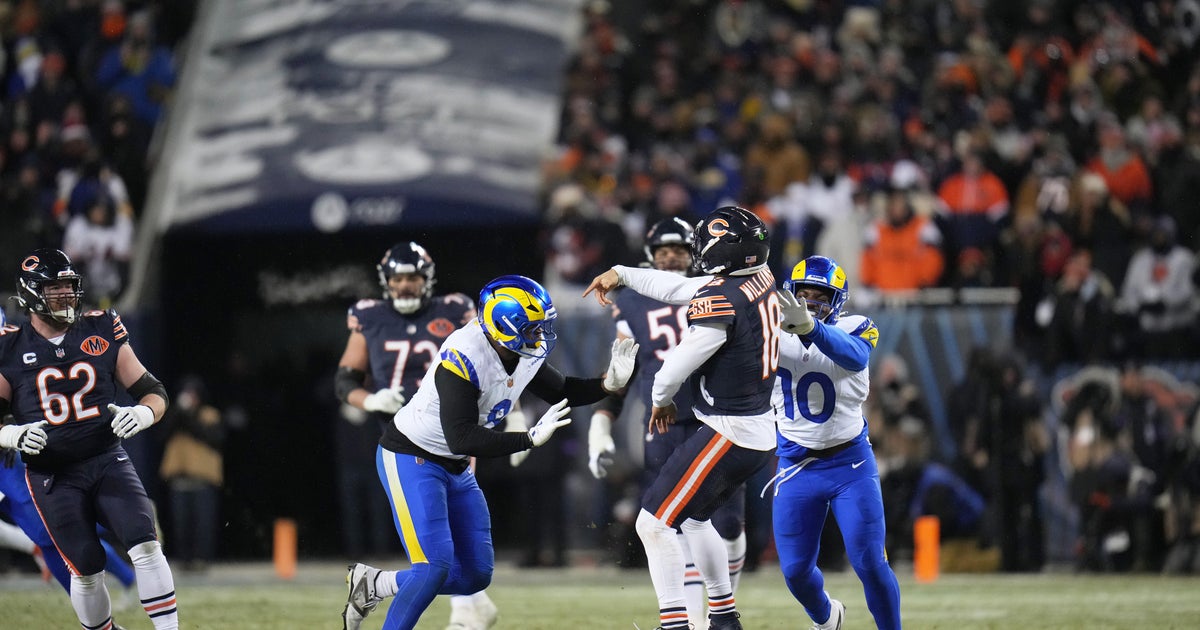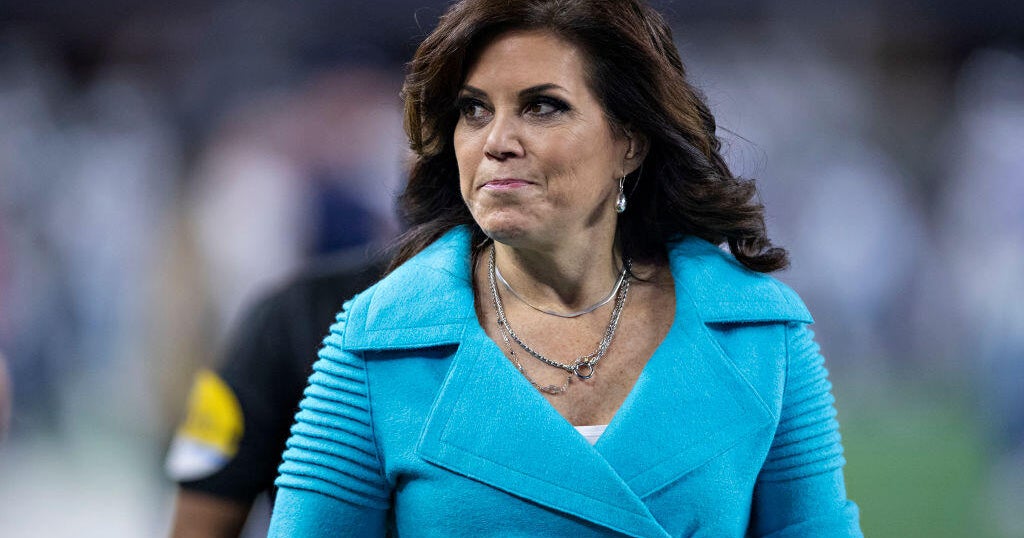Hurley: NFL's Punishment Of Tom Brady For DeflateGate Goes Far Beyond Ridiculous
By Michael Hurley, CBS Boston
BOSTON (CBS) -- The NFL spent a boatload of money to hire Ted Wells' team of investigators to prove that the Patriots were sneaky cheaters. Wells and his team came close, as they provided reasonable evidence that Jim McNally likely leaked some air from footballs in a Gillette Stadium bathroom. But they nevertheless found no real evidence of Tom Brady cheating.
Despite that reality, Roger Goodell and the NFL live in their own world -- one where Brady can be issued an embarrassingly over-the-top punishment.
And so, Goodell announced early Monday afternoon that he approved of Troy Vincent's discipline: A four-game suspension for Tom Brady, as well as the loss of a first-round and fourth-round pick and $1 million for the Patriots.
It is completely and utterly laughable.
Let's start with this: If the NFL actually believed that the air pressure inside footballs truly affected the "integrity of the game" which they keep harping on, then why didn't referee Walt Anderson re-check and/or re-inflate the footballs after recovering them from McNally after they suspiciously disappeared from the officials' locker room before the game? After all, Anderson had been told during that week to be on the lookout for suspicious behavior, and the footballs disappeared from the locker room for the first time in his 19-year career, so you'd think his antennae might have been raised enough to make sure the game was played under the high standards of integrity which the league holds so dear.
Instead, Anderson found the footballs on the field and said, "Let's kick it off!"
(There was also a bag of 12 back-up balls sitting untouched in the officials' locker room. Those footballs could have been used if Anderson felt that PSI levels of footballs were important enough to affect the game.)
Further, the Wells report clearly showed text messages from Patriots employee John Jastremski which noted that the officials inflated footballs during the Week 7 game against the Jets as high as 16 PSI -- which is well outside the 12.5-13.5 range which the NFL has suddenly chosen to take very seriously. Yet there has been no investigation into referee Bill Leavy for that overinflation, which no doubt affected the "integrity of the game."
But aside from the events of that night and aside from referees' past failures with PSI, Troy Vincent's reasoning for the punishment has nearly as many holes as the Wells report.
"While we cannot be certain when the activity began, the evidence suggests that January 18th was not the first and only occasion when this occurred, particularly in light of the evidence referring to deflation of footballs going back to before the beginning of the 2014 season," Vincent wrote.
To be clear, the Wells report did not definitively conclude that this activity went on at all on Jan. 18. Yet Vincent is claiming that not only did it happen on the night of the AFC Championship Game, but it's been going on for quite some time.
That's preposterous.
Vincent also admitted that the air pressure in the footballs had no effect on the outcome of the AFC Championship Game ... but that doesn't matter.
"It is impossible to determine whether this activity had an effect on the outcome of games or what the effect was," Vincent explained. "There seems little question that the outcome of the AFC Championship Game was not affected. But this has never been a significant factor in assessing discipline."
For the record, if a player tests positive for a performance-enhancing drug -- an act which presumably would impact a game a bit more than a football's PSI -- then that player gets suspended for ... four games.
But then, Vincent wrote what the crux of the punishment stems from: The NFL feels that Brady, McNally and Jastremski lied. And lying is not acceptable.
"The second [consideration] was the failure of Tom Brady to produce any electronic evidence (emails, texts, etc.), despite being offered extraordinary safeguards by the investigators to protect unrelated personal information," Vincent explained. "Although we do not hold the club directly responsible for Mr. Brady's refusal to cooperate, it remains significant that the quarterback of the team failed to cooperate fully with the investigation.
"Finally, it is significant that key witnesses – Mr. Brady, Mr. Jastremski, and Mr. McNally - were not fully candid during the investigation."
These statements fly in the face of the fact that Brady had very reasonable personal and legal reasons to not share his private emails and text messages, namely that league office sprung new leaks seemingly every other day during the investigation. The investigative team and the league office proved beyond a reasonable doubt that they could not be trusted with information.
The statements from Vincent also ignore the fact that NFL executives are not held to the same standard where lying is grounds for punishment.
As made clear in this story, NFL VP of officiating Dean Blandino lied about his knowledge of the Colts' suspicions about the Patriots in the week leading up to the game. Goodell himself either lied about that knowledge or did not know of the secretive process going on under his watch. Whichever it is, Goodell has made it clear in the past that "ignorance is no excuse."
In fact, Vincent used that same reasoning to explain why the Patriots were issued a heavy fine and the loss of two draft picks.
"It remains a fundamental principle that the club is responsible for the actions of club employees," Vincent said. "This principle has been applied to many prior cases. Thus, while no discipline should or will be imposed personally on any owner or executive at the Patriots, discipline is appropriately imposed on the club."
By this reasoning, Vincent would be within his rights to issue a punishment to Goodell for the lies told by his employees and the mishandling of footballs both in the Patriots' Week 7 game against the Jets and in the AFC Championship Game. But we all know that will never happen.
And in Vincent's letter to Brady, things truly get nutty.
"With respect to your particular involvement, the report established that there is substantial and credible evidence to conclude you were at least generally aware of the actions of the Patriots' employees involved in the deflation of the footballs and that it was unlikely that their actions were done without your knowledge," Vincent wrote.
Here we go.
What Vincent said: "there is substantial and credible evidence to conclude"
What the Wells report said: "it is more likely than not"
What Vincent said: "the actions"
What the Wells report said: "it is more probable than not that New England Patriots personnel participated in violations"
What Vincent said: "it was unlikely that their actions were done without your knowledge"
What the Wells report said: "it is more probable than not that Tom Brady ... was at least generally aware of the inappropriate activities"
Those may not seem like the most significant distinctions, but they're important. Vincent stretches the conclusions from Wells' team, taking "more likely than not" to mean "conclude," and then taking the next stop and assuming that those "more likely than not" violations definitely took place. And then Vincent took Wells' finding that Brady was "at least generally aware" of violations which were "more likely than not" committed and then used it to claim that Brady had "knowledge" of the actions takes an even greater leap.
Add it all up, and it is very evident that the NFL all along has not lived in a world where the facts are paramount to the case at hand. It was a slanted investigation, from which the NFL drew even more presupposed conclusions. Confirmation bias was hard at work, and the ultimate punishment of a four-game suspension over footballs that were possibly tampered with -- a potential occurrence of which Brady might have been "generally aware" -- would certainly prove the extent.
While Brady's agent, Don Yee, would hardly represent an unbiased source on the matter, the man did make some irrefutable points in his statement after the suspension was issued.
"In my opinion, this outcome was pre-determined; there was no fairness in the Wells investigation whatsoever," Yee said. "There is no evidence that Tom directed footballs be set at pressures below the allowable limits. In fact, the evidence shows Tom clearly emphasized that footballs be set at pressures within the rules. Tom also cooperated with the investigation and answered every question presented to him. The Wells Report presents significant evidence, however, that the NFL lacks standards or protocols with respect to its handling of footballs prior to games; this is not the fault of Tom or the Patriots."
Yee concluded: "We will appeal, and if the hearing officer is completely independent and neutral, I am very confident the Wells Report will be exposed as an incredibly frail exercise in fact-finding and logic."
Ultimately, Brady will appeal the suspension, and he'll likely win. Adrian Peterson won his suspension, as did Ray Rice, as did the Saints players who were penalized for the team's bounty program. Those men all committed much worse acts, and there was more clear evidence in all three cases, yet the NFL's heavy-handed punishment was eventually overruled by judges who were truly independent -- unlike the NFL-funded Wells team.
So in the end, there will not be a four-game suspension. It might get cut down to fewer games, or it might get eliminated altogether. Both are likely scenarios.
But for now, Goodell has made it clear that no matter the lack of evidence and no matter the lack of precedence, the NFL has free reign to issue whatever punishments the NFL wants, whenever the NFL wants, on whomever the NFL wants.
Read more from Michael Hurley by clicking here. You can email him or find him on Twitter @michaelFhurley.
